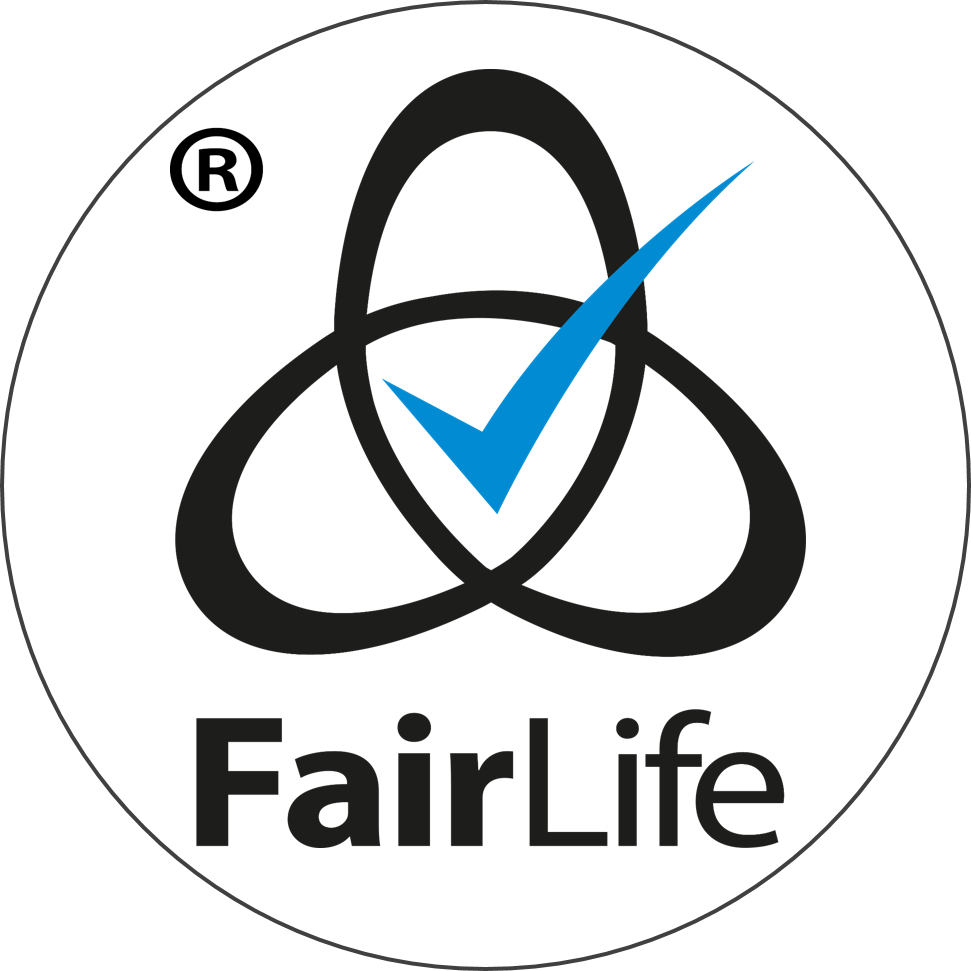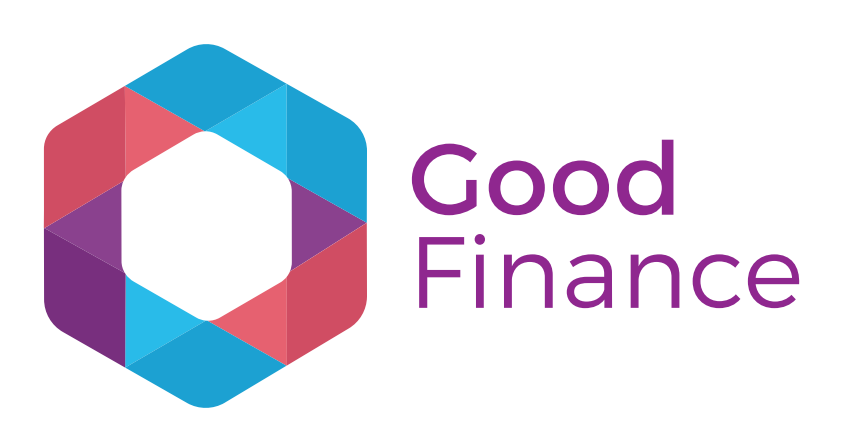Documents
Documents
- 35 Day Notice Personal Savings Account Terms and Conditions Jan 2025 (148.33 KB)
- Personal Savings Application Form June 2024 (353.89 KB)
- What you need to open an account April 2025 (140.37 KB)
- Customer Complaints Procedure Jan 2023 (244.44 KB)
- Reliance Bank Personal Terms and Conditions Nov2021 (710.37 KB)
- 35 Day Notice Savings Account Summary Sheet March 2025 (181.44 KB)
Documents
- Reliance Bank Personal Terms and Conditions Nov 2021 (710.37 KB)
- Reliance Bank Fixed Term Deposit Accounts Summary Sheet April 2025 (150.1 KB)
- Reliance Bank Fixed Term Deposit Accounts Terms and Conditions Personal Customers April 2025 (146.01 KB)
- Reliance Bank Personal Details form (492.25 KB)
- What you need to open an account April 2025 (140.37 KB)
- Reliance Bank Personal Savings Application form June 2024 (353.89 KB)
- Reliance Bank Customer Complaints Procedure (296.23 KB)
- FTD Maturity Form (149.17 KB)
Documents
- BD Personal Visa Debit application form July 2023 (520.4 KB)
- Personal Visa Debit Card Terms and Conditions June 2020 (196.12 KB)
- Personal Current Account Fee Information Document July 2024 (167.55 KB)
- Personal Current Account Important Information Sheet July 2024 (234.56 KB)
- What you need to open an account April 2025 (140.37 KB)
- Customer Complaints Procedure Jan 2023 (244.44 KB)
- Current Account Switch Pack (677.77 KB)
- Current Account Switch Guide (299.79 KB)
- Reliance Bank Personal Terms and Conditions Nov2021 (710.37 KB)
- Reliance Bank ISA and Personal Current Account Decision Map May 2023 (98.37 KB)
- Account Closure Form Feb 2024 (410.88 KB)
- Open Banking Quarterly Statistics Report (18.9 KB)
Documents
- Personal Savings Application Form June 2024 (353.89 KB)
- Instant Access Personal Savings Terms and Conditions Jan 2025 (142.95 KB)
- What you need to open an account April 2025 (140.37 KB)
- Customer Complaints Procedure Jan 2023 (244.44 KB)
- Reliance Bank Personal Terms and Conditions Nov2021 (710.37 KB)
- Instant Access Personal Savings Account Summary Sheet - March 2025 (176.42 KB)
Documents
- 90 Day Notice Personal Savings Account Terms and Conditions Jan 2025 (147.79 KB)
- Personal Savings Application Form June 2024 (353.89 KB)
- What you need to open an account April 2025 (140.37 KB)
- Customer Complaints Procedure Jan 2023 (244.44 KB)
- Reliance Bank Personal Terms and Conditions Nov2021 (710.37 KB)
- 90 Day Notice Savings Account Summary Sheet March 2025 (179.08 KB)
Documents
- Charity Giving Fixed Term Deposit Account Terms and Conditions April 2025 (177.35 KB)
- Charity Giving 90 Day Notice Account Terms and Conditions (180.96 KB)
- Charity Giving 35 Day Notice Account Terms and Conditions (181.5 KB)
- Charity Giving Instant Access Account Terms and Conditions (174.29 KB)
- Charity Giving Fixed Term Account Deposit Summary Sheet April 2025 (182.89 KB)
- Charity Giving 90 Day Notice Account Summary Sheet March 2025 (183.42 KB)
- Charity Giving 35 Day Notice Account Summary Sheet March 2025 (185.26 KB)
- Charity Giving Instant Access Account Summary Sheet March 2025 (180.52 KB)
- Charity Giving Personal Savings Application Form (360.32 KB)
- What you need to open an account April 2025 (140.37 KB)
- FTD Maturity Form (149.17 KB)
FAQ
An arranged overdraft is where we agree an overdraft limit with you, before your account goes overdrawn.
An unarranged overdraft is when you authorise a payment that would take your account overdrawn or beyond your arranged limit without agreeing in advance an overdraft to cover it. An unarranged overdraft may incur higher charges than an arranged one as a result of charges for returned cheques, direct debits and / or standing orders and may adversely affect your credit file.
An overdraft isn’t guaranteed and is repayable ‘on demand’. This means that we could refuse a payment if you have insufficient funds in your account or ask at any time for immediate repayment.
We won’t usually approve an arranged overdraft if you’ve:
- Had any County Court Judgments issued against you in the last six years
- Been declared bankrupt or agreed to an Individual Voluntary Arrangement in the last six years
- Fallen behind with any credit payments or have missed payments in the last six months.
The likelihood of us providing you with an initial indication of eligibility will be based on what you tell us and depends on the accuracy of the details you provide.
We want to make sure your overdraft is right for you, that’s why every month, we’ll review your account to make sure your overdraft borrowing is suitable, based on credits to your account. If we feel that your overdraft borrowing may be too much when compared to credits to your account, we’ll contact you to discuss the situation. When we get in touch, we will also explain how we may be able to help, in the short and long term, if you’re unable to pay this amount.
We don’t charge an overdraft usage fee, but we will charge interest on any overdrawn amount and there are charges for returning cheques, direct debits and / or standing orders due to a lack of funds if you use an unarranged overdraft or exceed your arranged overdraft limit.
The explanation below shows the costs associated with returned items only and these charges are in addition to the interest rate charges for arranged and / or unarranged overdrafts shown in the representative examples output by the overdraft calculator.
Returned items charges:
Unpaid Cheques: £10.00 per cheque
Unpaid Direct Debits: £10.00 per item
Unpaid Standing Orders: £10.00 per item
Maximum charge:
The maximum charge for returned items per calendar month is £60 – even if the total of individual returned item charges exceeds this. This maximum charge applies to returned item charges only. This maximum charge does not include the interest rate charge for arranged and / or unarranged overdrafts. The interest rate charges are shown in the representative examples output by the Overdraft Calculator.
Please note that if you have insufficient funds to allow us to make a payment from your account then you may incur the additional charges explained above. Funds should be in your account by close of business on the previous working day to cover any regular payments due.
So please contact us on 0207 398 5400 so that we can discuss your needs.
Simply log into your internet banking to find out your overdraft limit. You can also see your limit on your recent statements.
If you’d like us to increase, reduce or cancel your limit, you can contact us, by calling 0207 398 5400 or through internet banking. Changes to your overdraft limit are subject to status.
If you want to cancel your overdraft you’ll be required to repay anything you owe. If you want to reduce your limit, you’ll need to reduce the amount you’ve borrowed to less than your new limit.
If you’ve been in a continuous unarranged overdraft for 30 or more days we will report your account to Credit Reference Agencies. This could negatively affect your credit file and your ability to get credit in the future. We will also report, as standard, any arranged overdraft limit and overdraft usage for all current accounts.

We are proud to be the bank of The Salvation Army International. Find out more about our shared history.






We are proud to be the bank of The Salvation Army International. Find out more about our shared history.